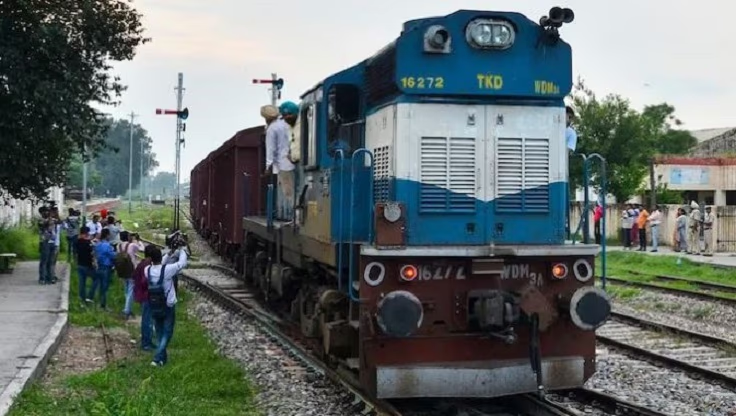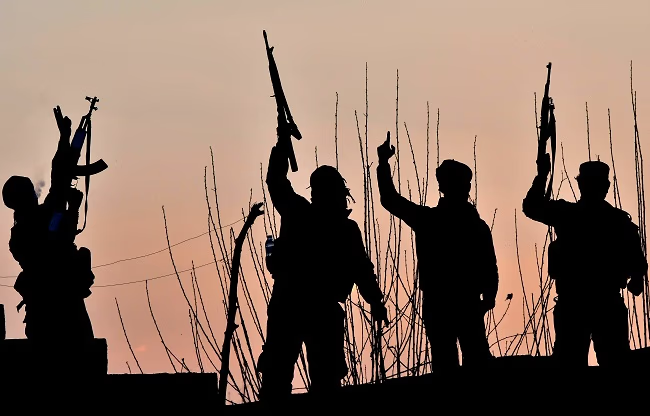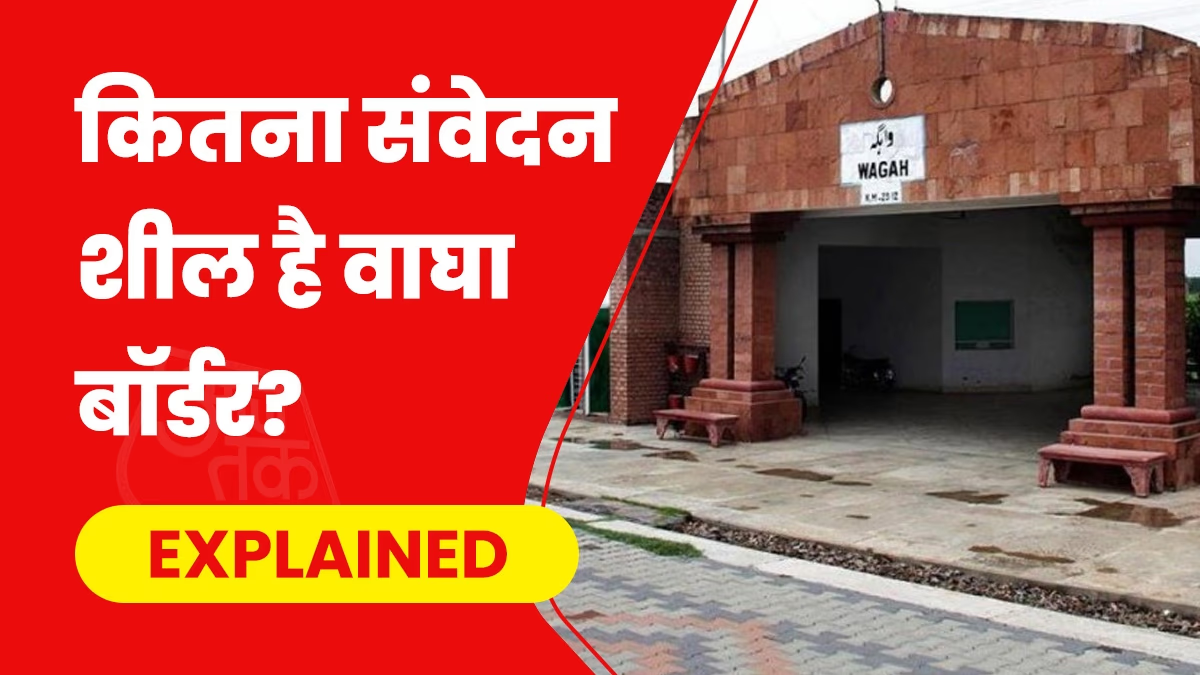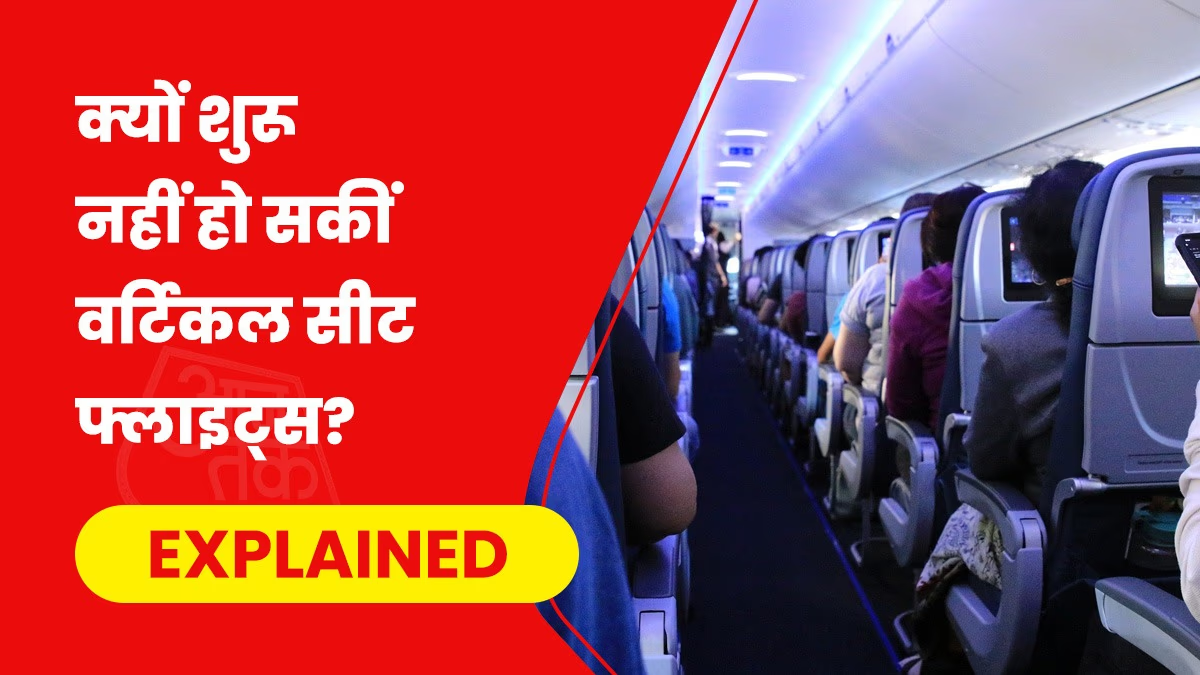After intense questioning by the Punjab Police and Intelligence Bureau, Anju from Rajasthan heads to her father's home in Amritsar. Her journey, seen as controversial, began when she left home and moved to Pakistan on a tourist visa. Her subsequent marriage and life updates have sparked numerous questions, fueling speculation about possible interactions with Pakistani military or intelligence agencies. While investigations continue, let's delve into the Attari-Wagah border, a crucial passage between the two nations.
Approximately 25 kilometers from Amritsar lies Attari, the sole railway station connecting India to Lahore. Established in 2012, the integrated check post here aims to streamline the movement of people and goods across borders, with the Samjhauta Express ferrying passengers. Although operations sometimes halt due to tensions, the emphasis is on maintaining uninterrupted transit akin to premier trains like the Rajdhani and Shatabdi Express, ensuring delays or incidents are minimized.

Source: aajtak
The distance between India’s Attari and Pakistan's Wagah is about 3 kilometers. BSF personnel vigilantly monitor the area, often using horse-drawn carriages. Upon crossing the border, trains continue to Lahore, with significant checks and regular changes in locomotive pilots and guards, underscoring security. While visas are essential for crossing, special permits from the Indian government for Wagah travel are no longer mandatory, although policies can adjust periodically.
Ganda Singh Wala, located in Pakistan's Kasur district, once linked Pakistan to India until the late '80s when increased tensions led to its closure. Although smaller than its Wagah counterpart, the retreat ceremony at this border remains a community event, despite renewed calls for reopening that stalled in 2005.

Source: aajtak
Once a route connecting Ferozepur Cantonment Railway Station to Lahore, the rail track at Hussainiwala was severed in the aftermath of the 1971 war when Pakistani forces dismantled the tracks, leaving the relationship between the nations strained. However, special trains still operate twice yearly, commemorating significant dates.
The Thar Express once ran from Jodhpur's Bhagat Ki Kothi to Karachi, halting operations following the Pulwama attack. Despite substantial investments elevating Munabao station to an international level, persistent terror activities from Pakistan have often interrupted services.

Source: aajtak
Despite increasing border vigilance, Pakistan's espionage and infiltration attempts into India have persisted. Indian security has intensified along almost all frontiers, with infiltrators often exploiting open borders with Nepal, as Pakistan's border agents frequently choose this route for infiltration.
Stretching roughly 1800 kilometers, the India-Nepal border crosses five Indian states: Uttarakhand, Uttar Pradesh, Bihar, West Bengal, and Sikkim. Declared as an open border, it now presents a significant security challenge with constant infiltration.
Continual Arrests
From the '80s, Pakistan began utilizing Nepal for infiltration into India. According to the European Foundation for South Asian Studies (EFSAS), explosives like RDX were routed through Nepal into India, linked to numerous arrests by Nepali Security Forces. Many were apprehended attempting to pass counterfeit Indian currency into the country.




